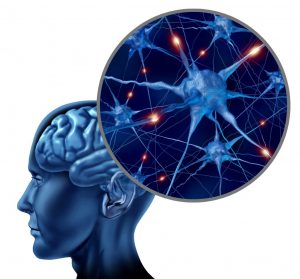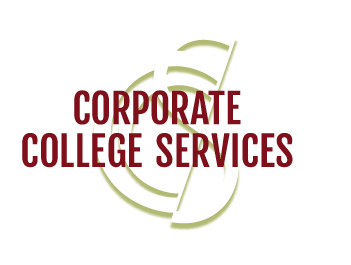Mastering Learning Series: The New Science of Learning
The New Science of Learning
Mastering learning in the year 2020 is a completely different story from what you may, as yet, have experienced. With the advent of PET and MRI technology, scientists are able to “see” what happens as the brain learns. More has been discovered about brain learning activity during the last 10 – 20 years than all that was previously known.
Limitless Learning Potential
Study of the brain by neuroscientists introduces a wholly new concept of learning. Equipped with a 3-lb brain made up of some 100 billion brain cells (neurons) with a million, billion connections (synapses), each of us in possession of a limitless capacity for learning.
Restak, in Think Smart, provides a wonderful description of this astounding brain capacity: “To put one billion into perspective, there are about 6 billion people currently living on our planet—a small number compared with those hundred billion nerve cells, and a truly paltry number compared with those million, billion connections.”
Growing Intelligence
Our learning story gets more astounding with advanced study of the brain. A key concept in scientific circles today is “plasticity” or “neuroplasticity,” the ability of the brain to grow as it learns. As described by Neurophysiologist Dr. Michael Merzenich, Brain Secrets: “The human brain literally grows new neural networks every time it learns something new.” More neural networks means that the more we learn, the more we can learn! As you are reading this blog, you are growing new connections in your brain…growing intelligence…getting smarter.
Increase IQ
Today we not only know how we learn (how the brain functions); we know that it is possible to learn more and better (increase IQ). This new brain science promises to literally turn everything we previously thought about learning inside/out and upside/down!
Brain Exercises #1
Learning, an inside/out process, takes place inside of your brain. For learning to occur, engagement is required. Thinking about, questioning, imagining, sensing and making connections to what is already known assures more lasting learning, greater understanding and reinforces recall. Ready to grow some new neural networks?
- think about what you’ve just read
- what are you sensing
- imagine what is possible
- what experiences come to mind
- are you happy, sad, euphoric, stressed…
- what would you like to learn, learn better?
Photo ID 29027134 © Cornelius20 I Dreamstime.com
Suggested readings and for more information: Mozart’s Brain and the Fighter Pilot and Think Smart by Richard Restak; Brain Secrets, a PBS series presented by Dr. Michael Merzenich. Other topics to research include: Neuroscience; Brain/learning; Neuroplasticity; Brain-based learning.
About the Author
Mentored by Malcolm Knowles (long considered the “father of adult education” in America), Dr. Alice F. Dyer has devoted her professional career to a brain-based approach to human development via teaching and training. She founded Corporate College Services in 1997. For more than 20 years, CCS has championed accelerated learning in the workplace.
